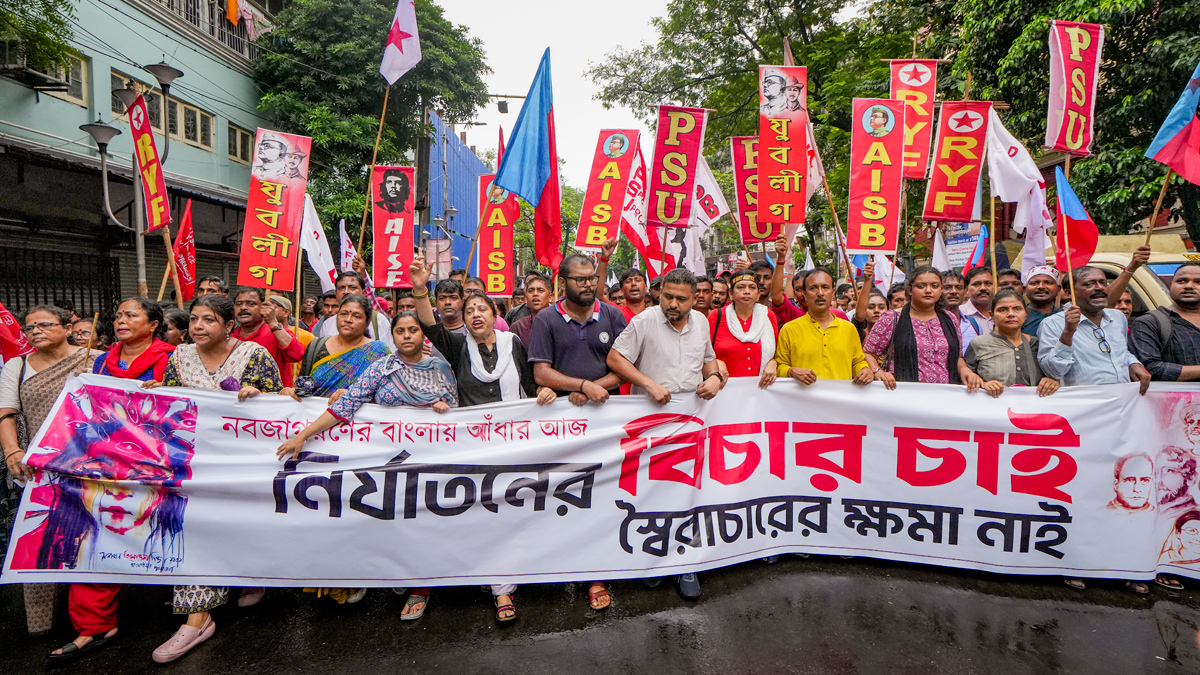
The protest was initiated by a group of junior doctors who voiced their grievances about inadequate facilities and a shortage of essential medical supplies. According to the doctors, the hospital's infrastructure has been deteriorating over time, leading to unsafe working environments and a reduction in the quality of care provided to patients. Despite previous attempts to negotiate with the hospital administration, no tangible improvements have been seen, prompting the protest to take a more serious turn.
In an open statement, the doctors conveyed their intent to intensify the strike if their demands are not met. They emphasized that their primary concern is patient safety, but that the working conditions have made it increasingly difficult to provide the necessary care. Among their grievances are the hospital's outdated equipment, lack of protective gear, and chronic understaffing, which has left many medical professionals stretched beyond capacity.
The doctors’ demands include an urgent upgrade to hospital infrastructure, improvements to sanitation and safety protocols, and better staffing ratios to ensure that patient care is not compromised. They are also calling for fair wages and compensation for the increased workload they have had to bear during the current health crisis, as the number of patients requiring medical attention has surged. Additionally, the doctors are demanding more support in the form of adequate medical supplies, which they argue are essential for both staff and patient safety.
While hospital authorities have acknowledged some of the issues raised, they claim that financial constraints and bureaucratic hurdles have delayed the necessary reforms. An official from the hospital administration, who asked not to be named, stated that steps are being taken to address the doctors' concerns but that it will take time to fully implement the changes. However, this has not quelled the growing unrest among the medical staff, many of whom feel that the response from the administration has been insufficient and lacking in urgency.
The hospital’s doctors have already scaled back their duties, focusing solely on emergency cases, leaving outpatient services and routine procedures on hold. The strike has started to affect patient services, with non-emergency cases being turned away. Families of patients are growing anxious, as the uncertainty over the length and outcome of the strike looms large. RG Kar Medical College is one of Kolkata’s busiest hospitals, and any prolonged disruption in services could have serious consequences for public health in the region.
Public reaction to the strike has been mixed. Many sympathize with the doctors, recognizing the challenges they face on the frontlines of the healthcare system, especially during times of heightened demand. However, there is also growing concern about the impact on patients, especially those from low-income families who rely heavily on government-run hospitals like RG Kar for affordable healthcare. The prospect of an indefinite strike is particularly worrying, as private healthcare services are financially out of reach for much of the population.
Medical professionals across the country are watching the developments at RG Kar closely, as the situation could set a precedent for similar protests elsewhere. The issues being raised by the doctors at RG Kar are not unique to the institution; many government hospitals face similar challenges, with outdated facilities, understaffing, and insufficient funding being common complaints. Healthcare workers have repeatedly highlighted the need for systemic reforms, particularly in the wake of the heightened demand brought on by the global health crisis. The failure to adequately support frontline workers has been a point of contention, and the ongoing strike at RG Kar could spark wider unrest among medical professionals nationwide.
Despite the doctors' warnings, there has been no significant breakthrough in negotiations. The state health department has called for a meeting with representatives from both the hospital administration and the protesting doctors to mediate the situation. However, many doctors remain skeptical about the effectiveness of these talks, given the slow progress in addressing their demands thus far.
For many of the protesting doctors, this strike is a last resort after years of trying to work through official channels. They stress that their aim is not to inconvenience patients, but to bring attention to the dire conditions under which they are expected to perform their duties. There is a growing fear among the medical community that without immediate intervention, the protest could result in a full-scale strike, halting services at one of the region’s most critical healthcare facilities.
